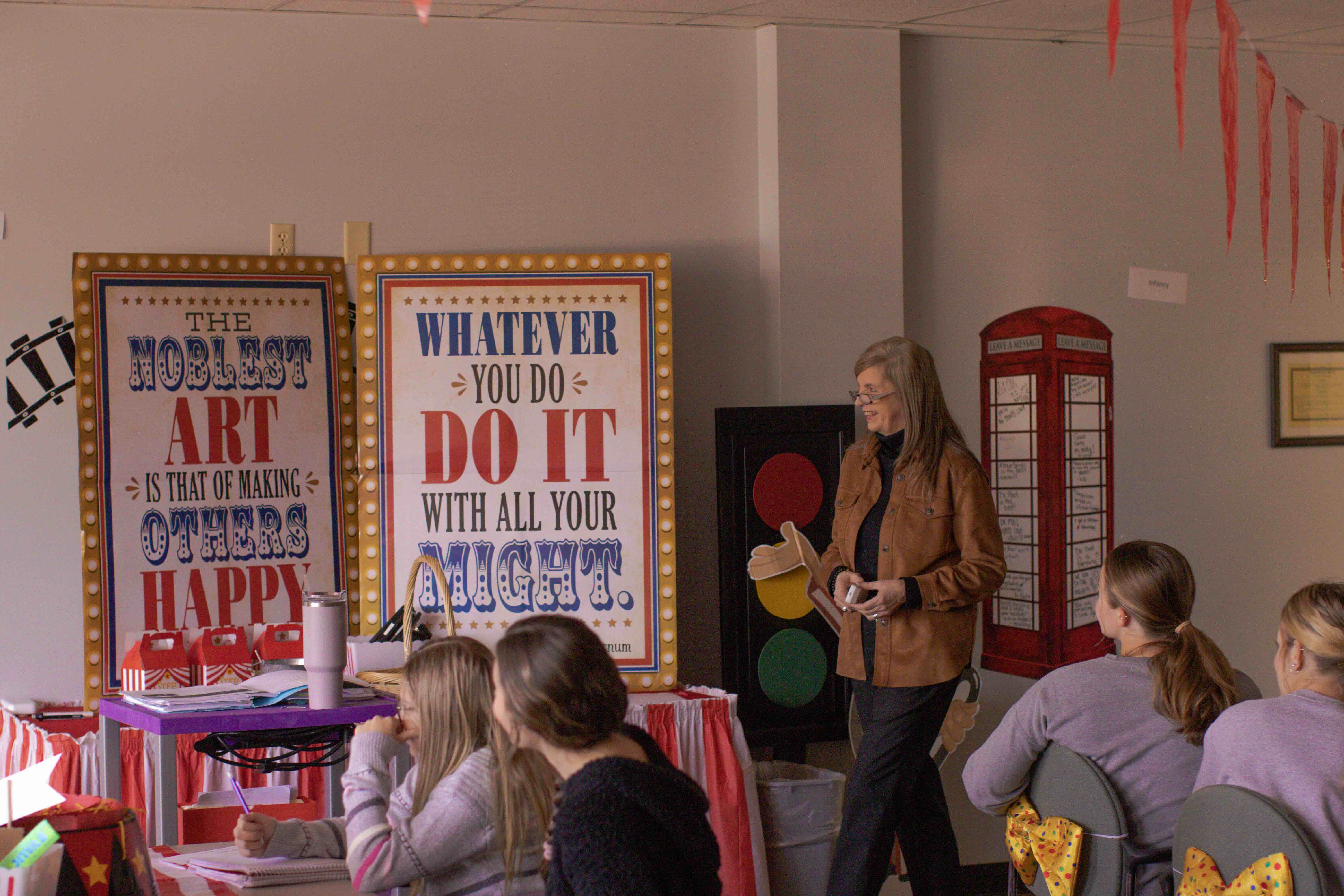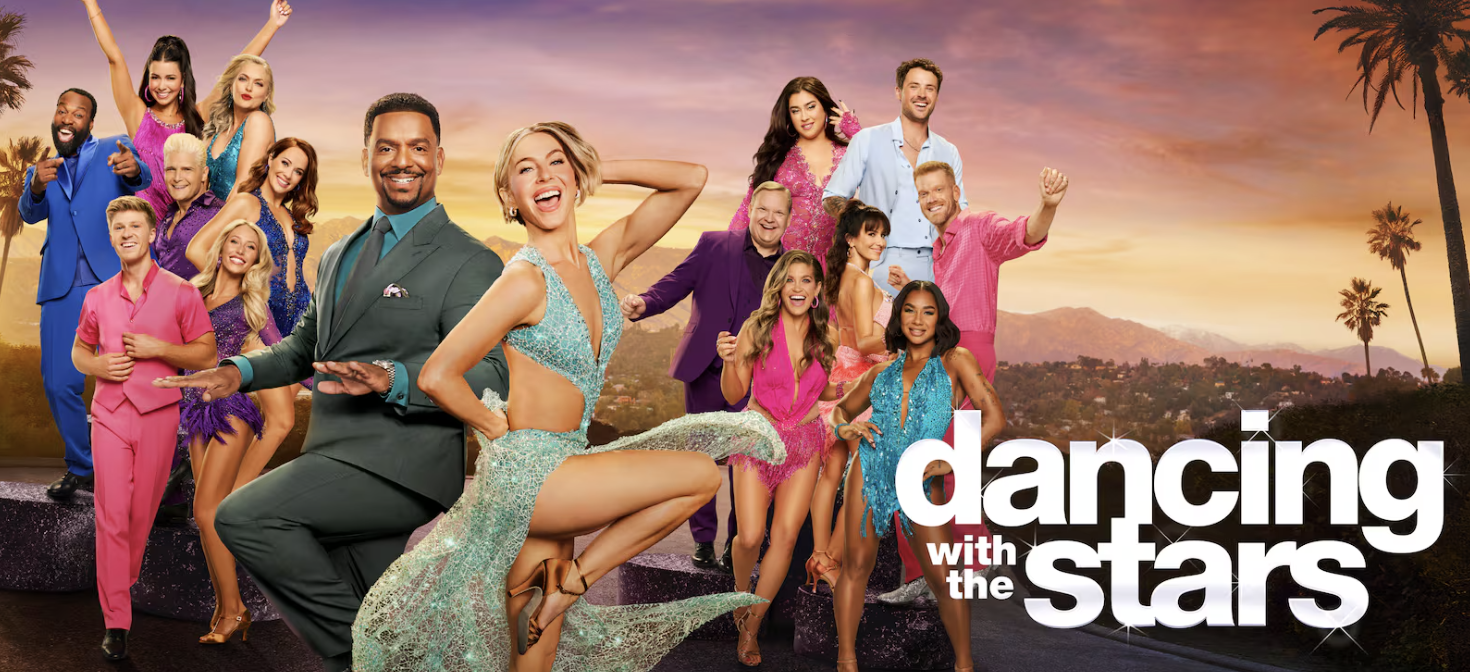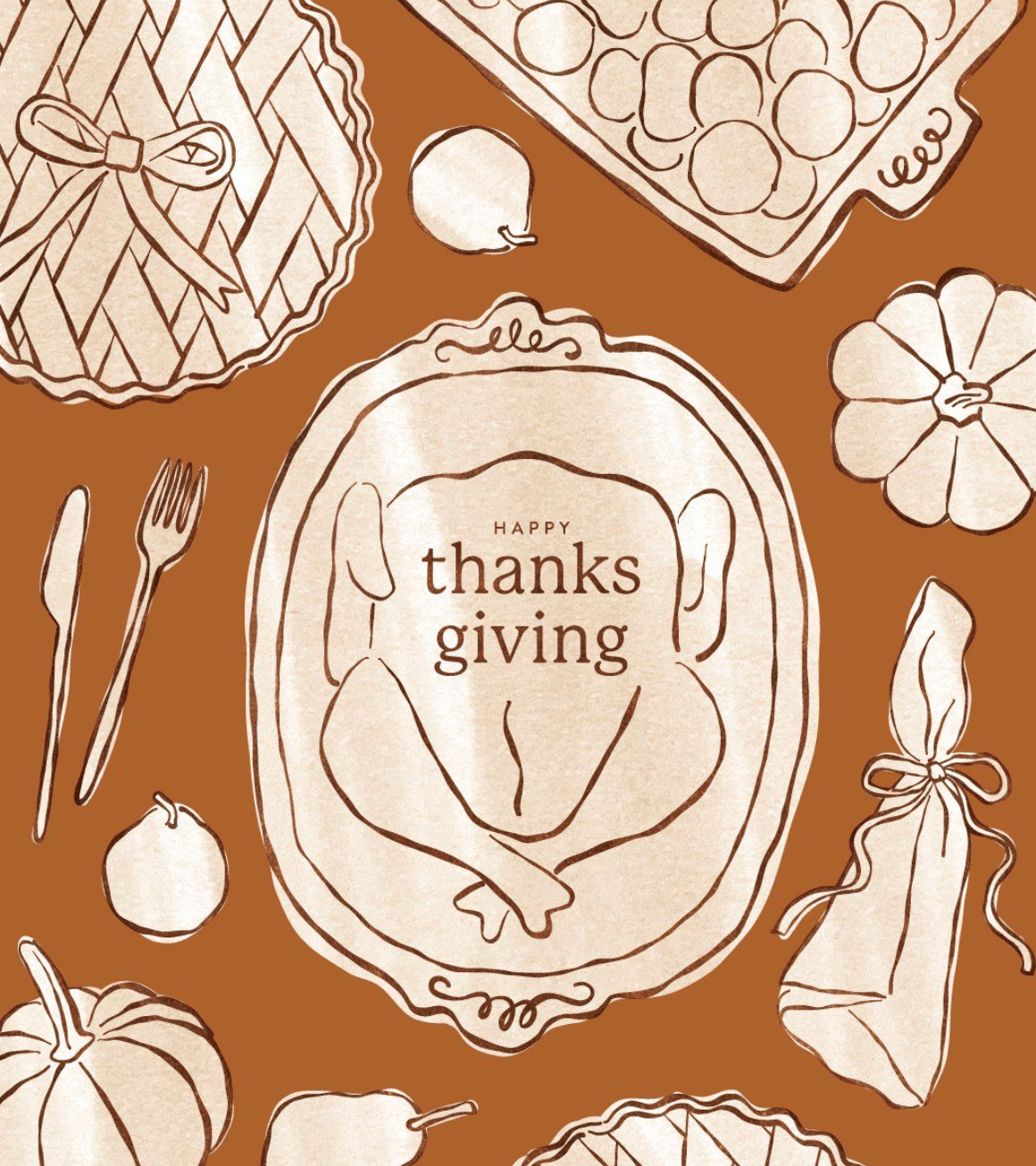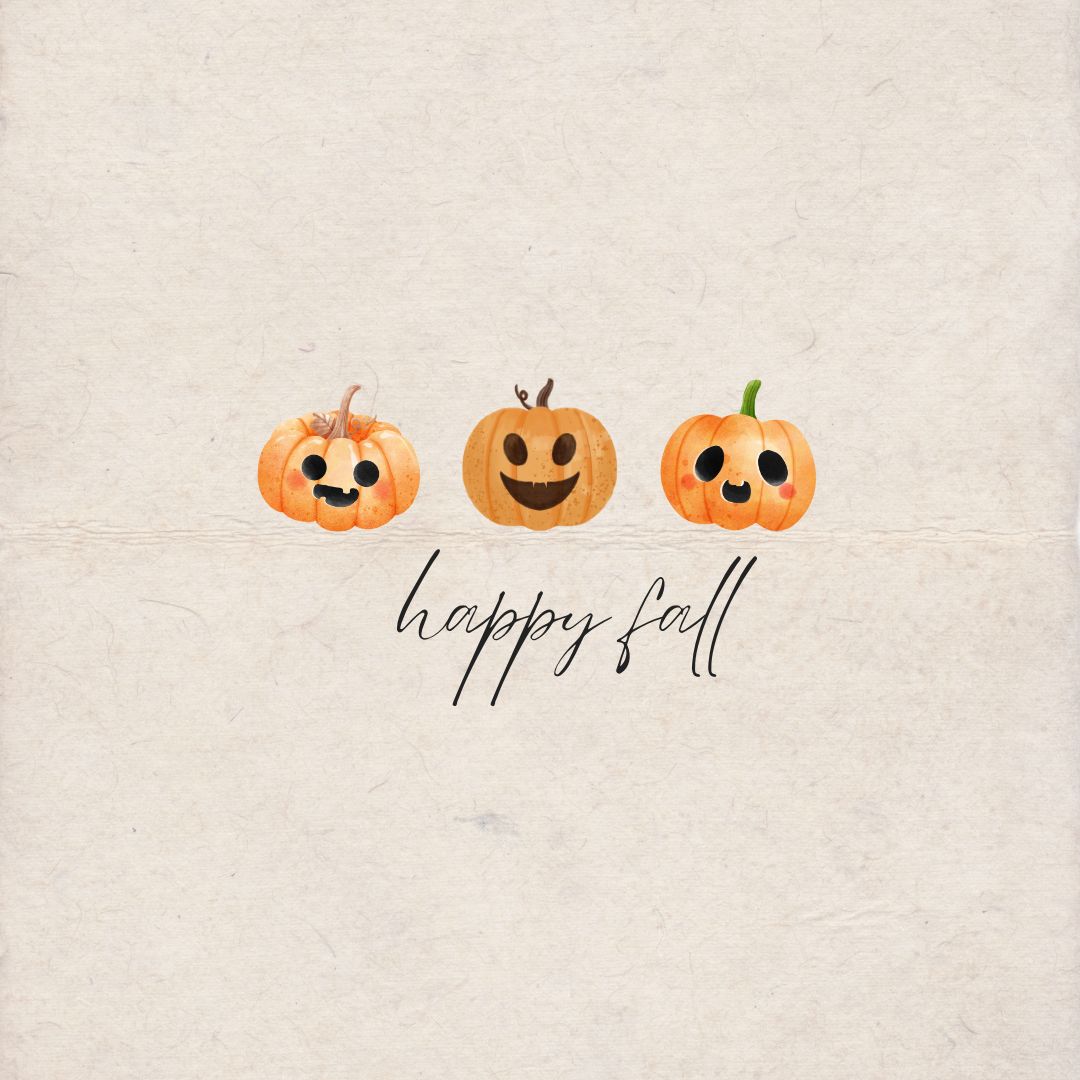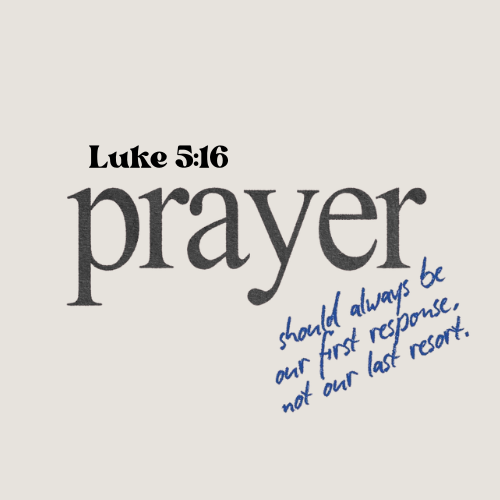December 3, 2023
By Kaelin Clay, Online Editor-in-Chief
“I guess that’s what the kids call it these days,” my grandpa might say after I naturally substitute words like “fancy” with words like “boujee.” Gen Z is creating a new dictionary, and I’m not so sure it’s only in addition to the traditional one.
At the beginning of the semester, I asked my grammar professor if his students could teach him a new slang term every class meeting in return for his chosen word straight from the dictionary. To be quite honest, I wasn’t completely confident that we would ever find enough words or phrases that weren’t already familiar to his ear to maintain the tradition. However, here we are, at the tail end of the semester, and we uncover a term for every class without failure. Now, Dr. Wink passes the “vibe check,” as he spits out words like “delulu” and “slap.”
A few weeks into this unusual lesson planning, I started thinking about the slang we use rather often. One might call it my “Roman Empire,” and I started to realize that as new words came to mind constantly and as I learned new words from a routine scroll on TikTok, there were replacement words for a hefty portion of the words the general public knows so well.
To say Gen Z is changing the narrative is nothing short of true because Gen Z is creating a new narrative through the very thing that makes up a narrative: words. As many times as I say “slay,” applauding my friends and their test grades or outfits, I truly want my old dictionary back.
When I was a child, I remember learning the most basic words for the first time. Maybe it was the destined English minor in me, but I was in awe that you could describe beauty with such neat words like “glamorous” or “dazzling.” I became fascinated with the complexity of words because when precisely pronounced, they were so articulate and multidimensional. I remember flipping through dictionaries in elementary school, always picking out new words to add to my vocabulary. They were ravishing. I was addicted to words.
For some reason, I feel that when our young, developmental years were over, my generation moved backwards and decided to shorten words. We held smartphones in our hands when middle school started, and everything had an acronym. We pinned an acronym to all of our favorite phrases, still including some of our favorite words, but somewhere along the way, we started creating our own words. As a 16-year-old girl, it was a blast. However, my heart still longed for the timelessness of the dictionary.
Slang terms are only fads. It has always seemed as if the second I was accustomed to saying one, it was out of style. However, the dictionary never fades. It is always acceptable in a job interview, a research paper or in a conversation with an individual of another generation. The dictionary can only fade if we lose it, and we can only lose the dictionary by replacing it…with slang.
My fear is that I’ll walk into a professional setting and say “bet,” and somehow it will be okay because it’s the way of the world. I can’t imagine Shakespeare would have enjoyed reading a singular post on Instagram, but yet, we’ve defied the works of the writers that came before us and decided to make things easier on our brains.
I do realize our world would feel slightly awkward if we spoke in the same complexity that Shakespeare wrote in, but without depth in our vocabulary, we’re disrespecting the weight of our language.
The epiphany I’ve recently reached has led me to respect our language more, even still as an avid user of the word “slay.” I still think it is rather fun to dance around the idea of new words, but they must only be intertwined between the old ones. There is a way to have both, but I no longer believe there is a way to have only one style. Culture changes, and so does our vocabulary. So, I’ll continue to teach my grammar professor new words, but I’ll continue to respect the old ones too. That will keep the dictionary alive and growing.

